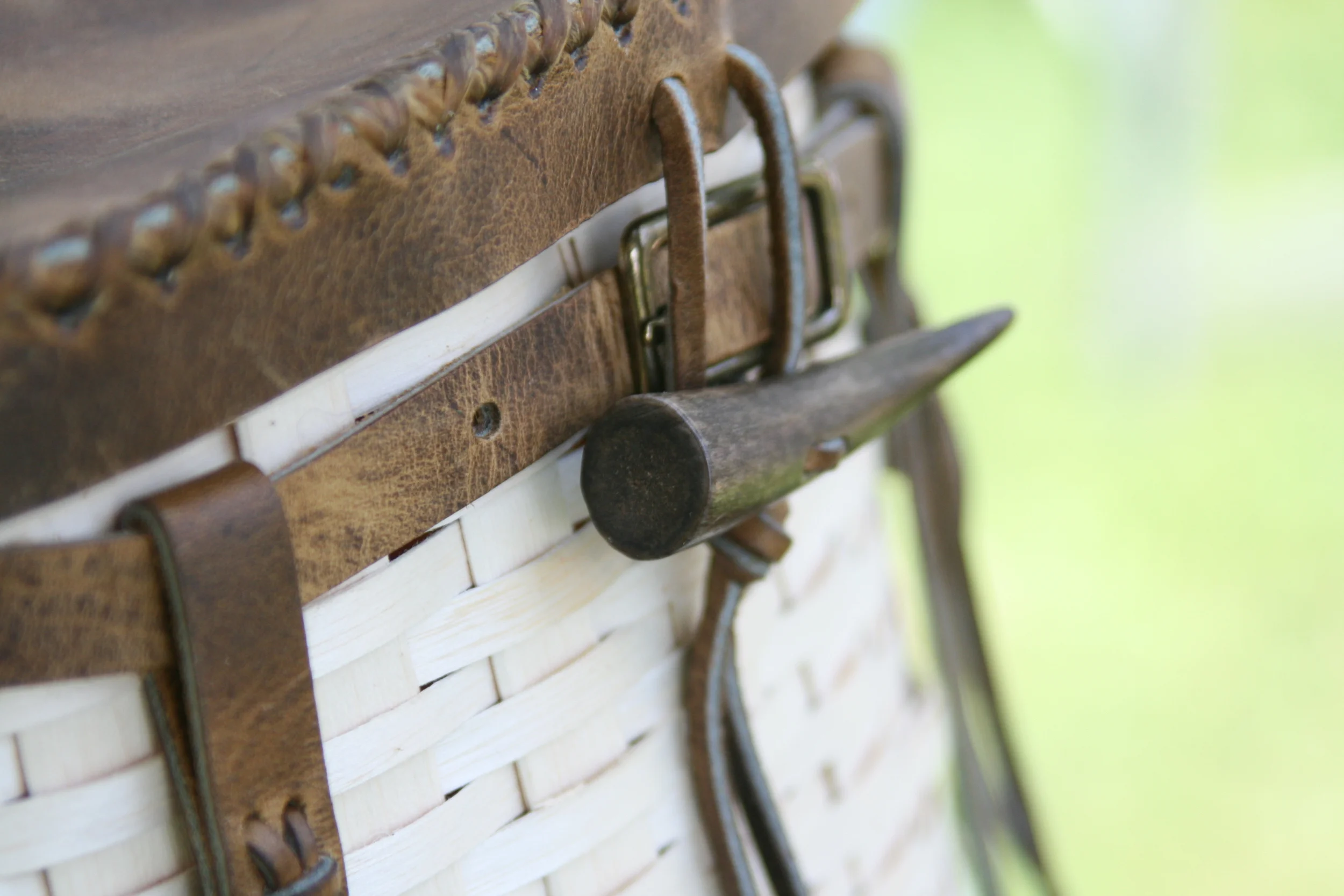Abbe intern Rachel Heasly reports on a workshop
/College of the Atlantic student Rachel Heasly is interning with Raney Bench this term, working on education projects and a small exhibit. Recently Rachel attended a teacher workshop in Bucksport, and filed this summary:
There is nothing particularly exciting about Bucksport in February (and I’m writing that as a Bar Harbor resident), but when you haven’t been off of MDI in weeks, the idea of leaving the island for a new town, even if it is just as quiet, is oddly appealing.
So when Raney told me she was going to be leading a teacher’s workshop in Bucksport, I jumped at the chance to tag along.
The workshop was attended by elementary school teachers from Bucksport, who taught Pre-K through fourth grade. This meant that Raney focused her presentation on more kid-friendly resources, such as CDs, sheet music, and picture books. However, she certainly did not stop there. All the resources covered ranged from totally kid friendly to more teacher and adult appropriate. She also went over four valuable websites that featured a lot of free content including lesson plans and curricula.
After the presentation, many of the teachers confessed that they had not begun teaching their students about the Wabanaki, and that they appreciated the opportunity to see just how easy it can be to jump in and start.
I cannot say I was surprised to hear that none of them had started teaching about the Wabanaki, despite the state requirement that all teachers must do so. I grew up in the Portland public school system, and not one lesson in any of my classes, from kindergarten through twelfth grade, even touched upon the Wabanaki. It was not until a class trip to the Abbe Museum while I was at College of the Atlantic that I even learned what the term “Wabanaki” meant.
During my time in Bar Harbor I have been privileged to learn more about the Native people of Maine by becoming involved with the Abbe. And now that I am an intern here, I am learning first-hand how important it is that all students in this state be educated about the 12,000 years of history the Wabanaki have here, as well as the very palpable presence they still have in this state.
The first time I came to the Abbe I immediately felt eager to learn about the four Native tribes of Maine. And it seemed to me that the teachers of Bucksport were feeling the same kind of excitement. With all the resources available to them, why wouldn’t they be? Perhaps a Wabanaki unit could be just the thing to brighten a student’s dull winter day.






